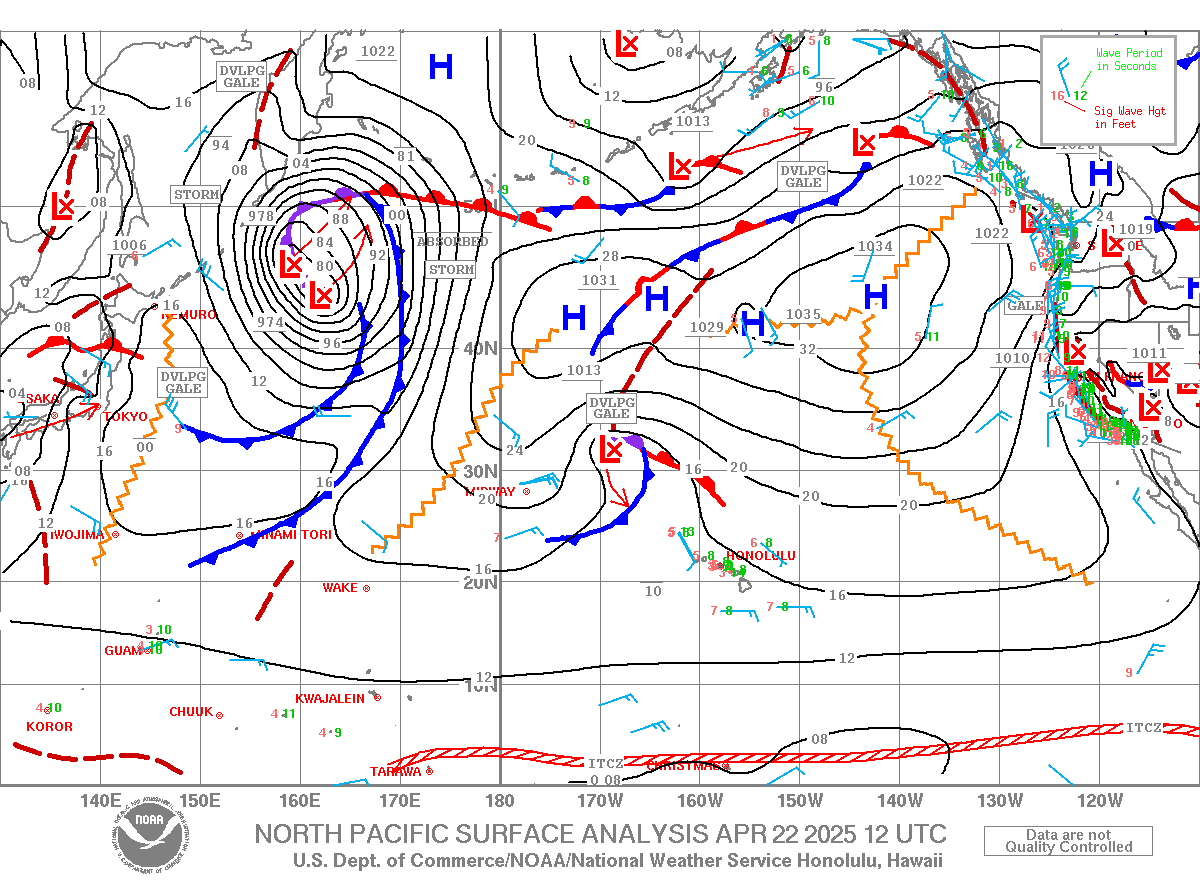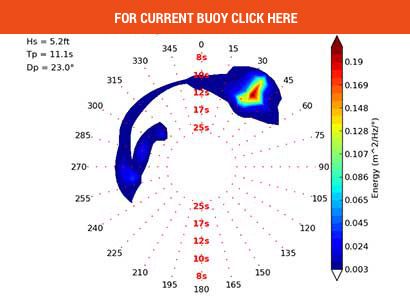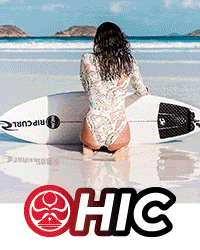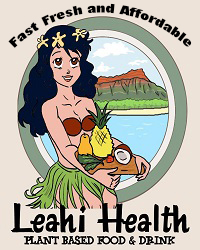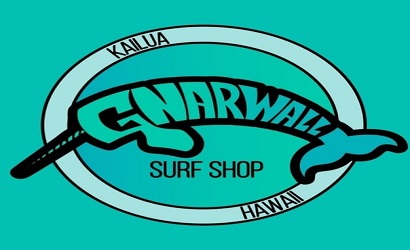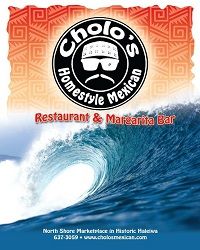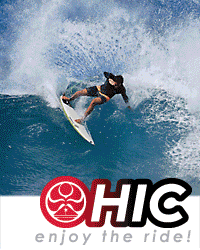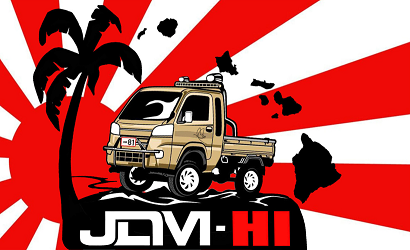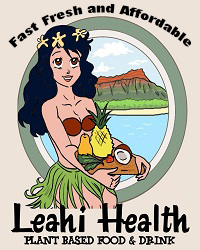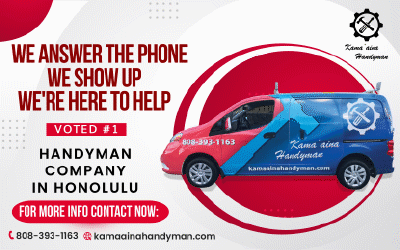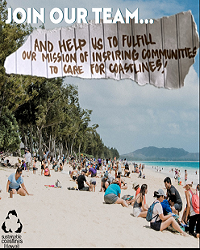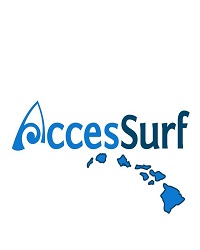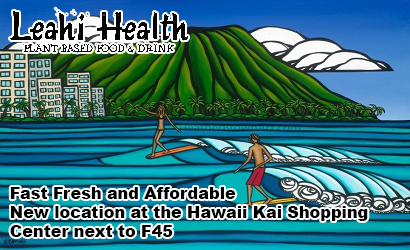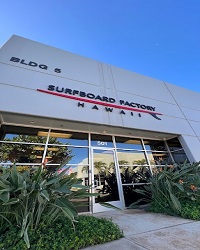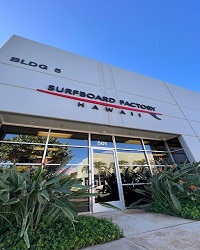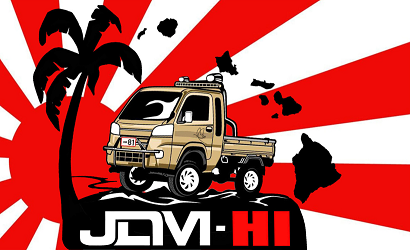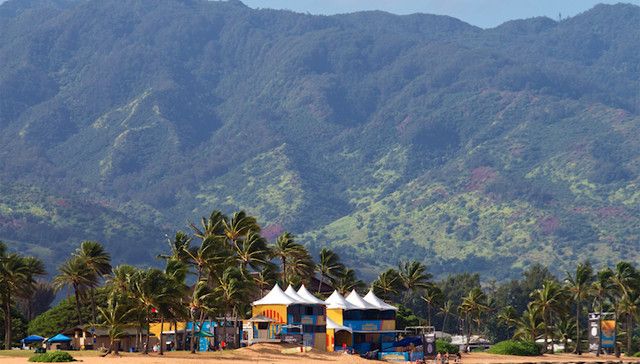
Each year the VTC events meet Sustainable Surf guidelines
Surf News Network, 22 January, 2016. The reports are in for the Vans Triple Crown of Surfing sustainability efforts. Highlights this year include the use of renewable energy, carbon offsets, and advanced waste diversion techniques. The Vans Triple Crown of Surfing (VTCS) was designated a Deep Blue Surfing Event guidelines by non-profit Sustainable Surf.
Deep Blue Surfing Events give back to the local community and reduce environmental impact through the use of renewable energy, carbon offsets, and advanced waste diversion techniques. These events also carefully measure performance and produce a sustainability report based on the Global Reporting Initiative protocol. The reports are publicly available on the Sustainable Surf website.
This is the third successive year of the VTCS measuring and reporting on sustainability performance, using the Deep Blue Surfing Event guidelines. As a result, the sustainability performance has increased every year.
Highlights of the sustainability performance of the Vans Triple Crown of Surfing 2015:
Key Highlights
The VTCS protects the local environment and supports the local community and economy. The strategies used to make the VTCS a sustainable event create synergy between members of the local community and businesses.
– $81,000 donated to North Shore charities and schools, to educate local children, protect the environment, and improve parks and beaches
– 5,650 lbs of waste diverted from the landfill through partnership with Sustainable Coastlines Hawaii
– Waste diversion effort was expanded considerably, with 70% more waste collected by all three events. Over five tons of waste collected across 39 days of competition.
– Waste food was composted at Waihuena Farm, across the street from Pipeline
– Catering was provided by hyper-local north shore farms, including Waihuena Farm
– 36,000 plastic water bottles avoided by utilizing Flowater drinking stations, which prevents marine plastic pollution
– Event banners are being upcycled into bags and totes by a Honolulu-based manufacturer, which creates local jobs
– Event powered by B70 biodiesel produced on Hawaii by Pacific Biodiesel. This creates local jobs and reduces the environmental impact of the event. North Shore restaurants provide waste grease to be turned into biodiesel, such as Turtle Bay Resort
– 100% of the carbon dioxide emissions offset using high quality certified carbon offsets
Waste Diversion
Overall performance
– The VTCS was highly committed to reduce waste at every level.
– 5,650 lbs of waste was diverted from the landfill (2.8 tons @ 55% diversion ratio)
– Waste diversion services were provided by Sustainable Coastlines Hawaii, a leading environmental non-profit on Oahu
– For the first time, waste diversion services were provided on lay days and setup days
– 39 days total days of waste diversion, up from 12 days in 2014
– The total volume of waste collected was up 70% from 2014, by covering more days with more staff, and by having more collection locations on the beach
– 36,000 plastic water bottles avoided by utilizing Flowater drinking stations
Food waste and composting
– Food waste was composted hyper-locally on a North Shore organic farm, across the street from the Billabong Pipeline Masters
– Food from Waihuena Farm is also purchased by Ke Nui Kitchen to cater for the contest. Food doesn’t get more closed-loop and sustainable than that.
Plastic pollution
– Flowater drinking stations filled 36,296 bottles during the VTCS
– This prevented to need for tens of thousands of plastic water bottles
Banners
– Contest banners upcyled in bags and totes by local Honolulu manufacturing facility (Mafia Bags)
Energy
– Used a high percentage of biodiesel @ 70% (B70)
– Biodiesel is made locally on Hawaii by Pacific Biodiesel
– Biodiesel is from waste grease collected by local restaurants on Hawaii, including many on the North Shore
– Turtle Bay Resort recycles their waste grease to make biodiesel (see the Dane Gudauskas video here: https://www.youtube.com/watch?v=FLyjN5DvHAs)
Community Support
– The VTCS donated $81,000 to the local community
– $41,000 supports local schools and youth education, and environmental protection of the North Shore
– $40,000 paid for renovation of the public bathrooms at Haleiwa Beach Park. This will benefit the North Shore community for many years to come.
Climate Change
– 100% of the direct CO2 emissions from the event have been mitigated using high quality certified carbon offsets.
– 944 tons of CO2 offsets were purchased from the Valdivian Coastal Conservation Reserve in coastal Chile. This project protects temperate rainforest and creates a coastal marine reserve to protect local marine wildlife
– The carbon offset measurement boundaries include emissions from:
o round-trip air travel for athletes and staff
o hotel accommodations for athletes and staff
o energy use to power the event
o local transportation for spectators to visit the event


